Fuel imports from Iran to increase popularity of Hezbollah in Lebanon : Analyst
The editor-in-chief of London-based online newspaper Rai al-Youm believes the Hezbollah resistance movement and its leader, Sayyed Hassan Nasrallah, will see their popularity rise among the Lebanese after importing much-needed Iranian fuel into the Arab country.
“Hezbollah and its leader, Sayyed Hassan Nasrallah, will be the biggest winner, whether these tankers arrive and unload their cargo or are subjected to an American-Israeli attack,” Abdel Bari Atwan wrote in an editorial published on Tuesday.
Atwan predicted that Hezbollah’s popularity would increase both inside and outside Lebanon for saving the Lebanese people and defending the country’s sovereignty and dignity.
Fuel shortages in Lebanon have forced businesses and government offices to close, threatening to cause blackouts at hospitals and halt transportation and other vital sectors in the Arab country.
The plan to buy Iranian fuel, announced by Nasrallah on August 19, is seen as a watershed in the US sanctions, which have severely affected both countries.
According to Atwan, Hezbollah formed a private company to import Iranian fuel, pay its price and supervise its fair distribution to all Lebanese people, “without allowing any sectarian, ethnic, or regional discrimination to take place so as to be used as a pretext by the American and Israeli enemies.”
He noted that although it is unlikely that the US or Israel try to attack the tankers, “no possibility can be ruled out in light of the current state of madness, frustration, and frenzy prevailing in the US and Israel.”
In his August 19 announcement, the Hezbollah chief warned the US and Israel that Hezbollah would consider the tanker and next Iranian ships as “Lebanese territory” from the moment they sail. He later stressed that the Lebanese resistance group did not have any political aspirations by importing fuel from Iran.
Iran’s Foreign Ministry spokesman Saeed Khatibzadeh also asserted that the US “is in no position” to block Iran’s legitimate trade with other countries under international law.
An attack on the Iranian fuel tankers, Atwan continued, means dragging Hezbollah and Iran into a war of ships in regional oceans and seas, with the US-Israeli alliance definitely emerging as losers.
“Didn’t we tell you that the time of defeats for the US and its allies has begun?” he asked.
He pointed to the US withdrawal from Afghanistan, noting that such defeats would continue through Iraq and Syria, only to reach their peaks with Palestine.
The first ship containing Iranian fuel reportedly entered Syria’s territorial waters on Thursday to unload its cargo, which will be then transferred to Lebanon via tankers. Informed sources said that two other Iranian ships will also deliver their cargo to Lebanon through the same mechanism.
‘Hezbollah proved it can help Lebanon’
A member of the Iranian Parliament’s National Security and Foreign Policy Committee called on the Lebanese people to support groups and movements that prioritize the Arab country’s national interests.
“In order to get out of the current crisis, the Lebanese people must endorse groups and movements that prioritize Lebanese national interests, because unfortunately, some Lebanese movements are seeking [to secure] the West’s interests,” Mahmoud Ahmadi-Biqash told ICANA on Wednesday.
Ahmadi-Biqash said the Lebanese people would not experience calm so long as they rely on pro-West movements.
“However, movements such as Hezbollah have proved that they pursue the interests of the [Lebanese] people, that they take steps to relax tensions and establish interactions among different groups, parties and religions, and that they can help Lebanon,” he said.
Just a few hours after Nasrallah’s August 19 announcement, US Ambassador to Lebanon Dorothy Shea claimed that Lebanon did not need Iranian tankers, citing what she called “a whole bunch” of fuel ships off the coast waiting to unload.
She also claimed Washington would help Lebanon implement a plan to transfer Egyptian gas to Lebanon for power generation.
The Hezbollah leader later derided Shea’s plan as an act of “selling illusions to the Lebanese,” saying even if implemented, it could take a year to import gas from Egypt to Lebanon.
In similar meddlesome remarks back in June, the US ambassador said “there are much better solutions than turning to Iran.”
Senators warn of ‘severely damaging consequences’
On Wednesday, four visiting US senators told Lebanese officials that the US was looking to help Lebanon overcome its fuel shortages and threatened that the import of Iranian oil could have “severely damaging consequences.”
Senator Richard Blumenthal of Connecticut censured Hezbollah as a “malignant cancerous terrorist organization,” suggesting that he had heard “very troublingly about maligned Iranian influence, particularly in providing fuel.”
Blumenthal stated that there is no reason for Lebanon to depend on Iran, and claimed that there are plenty of “other sources of fuel without the potential severely damaging consequences of reliance on Iranian oil.”
In response, Ahmadi-Biqash said the Islamic Republic of Iran has never had a “maligned influence” in any country across the globe.
Wherever Iran has set foot, it has been due to the host country’s invitation, the Iranian lawmaker stressed.
He said the accusations leveled at Iran by the US and its allies are because of their defeats in Afghanistan and Syria.
“Instead of such comments, the US should contemplate its lost reputation, which has forced it to flee the region,” the Iranian MP added.
Meanwhile, in comments last week addressing critics of Iranian oil shipments, Lebanese Prime Minister-designate Najib Mikati said, “I tell the critics and the Arab League give us a candle, we can’t say no to the shipment without having an alternative.”
VIDEO | Ramadan begins in France amid optimism, challenges
Hamas: Huckabee’s remarks expose ‘American bias towards Zionist domination, annexation’
‘We will not bow to pressure or coercion’: President Pezeshkian
Trump raises global tariffs to 15%, calls Supreme Court ruling ‘ridiculous’
IRGC Navy tests Sayyad-3G air defense missile in Strait of Hormuz
Iran labels EU naval, air forces as ‘terrorist’ in response to IRGC listing
ICE quietly buys warehouses for major detention expansion
Family of US citizen killed by Israeli settler demands end to impunity


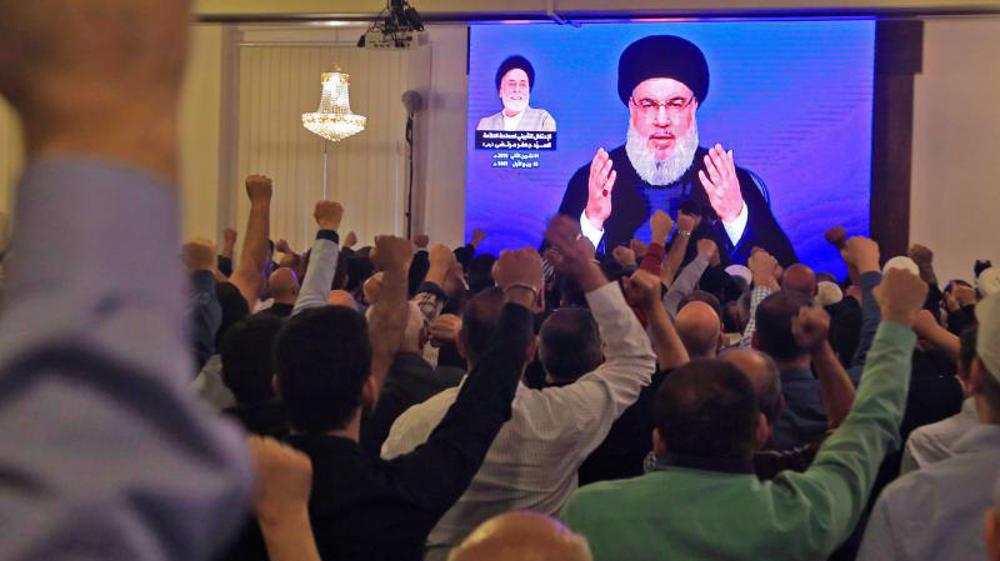
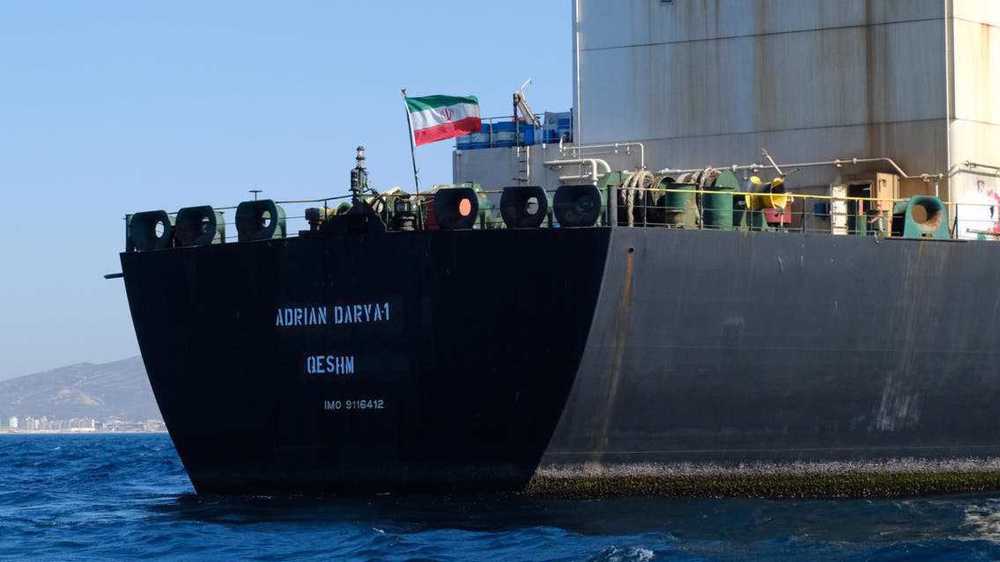
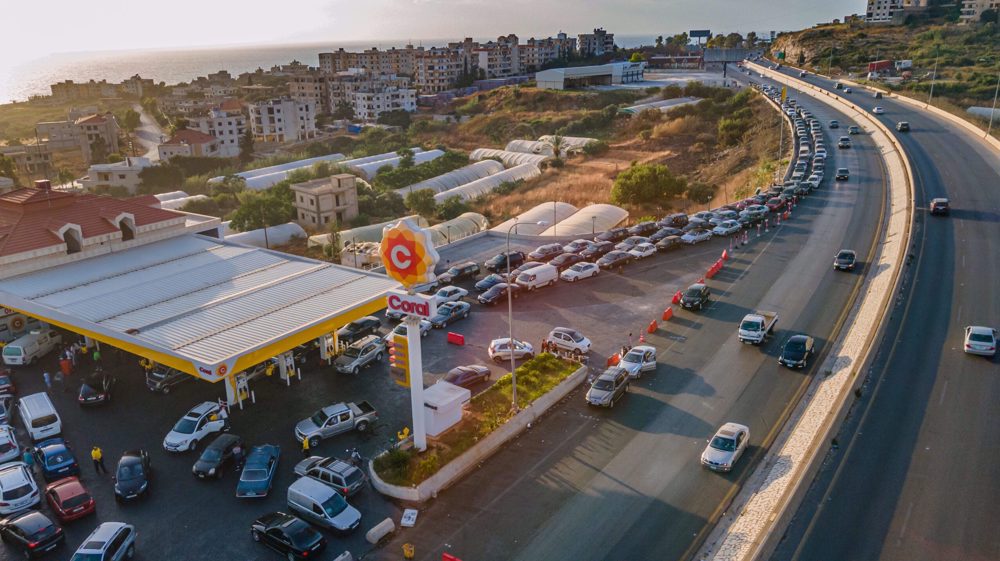
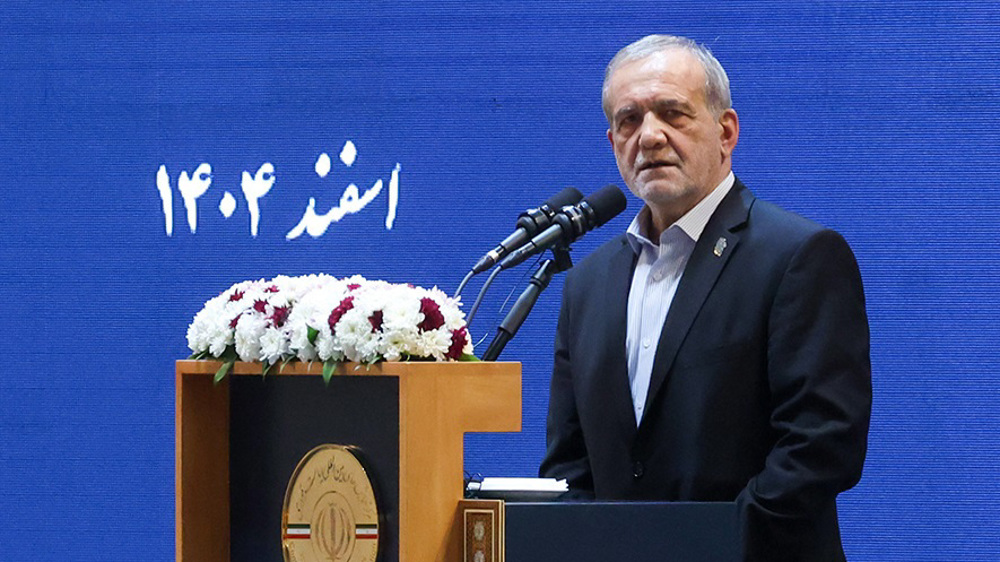
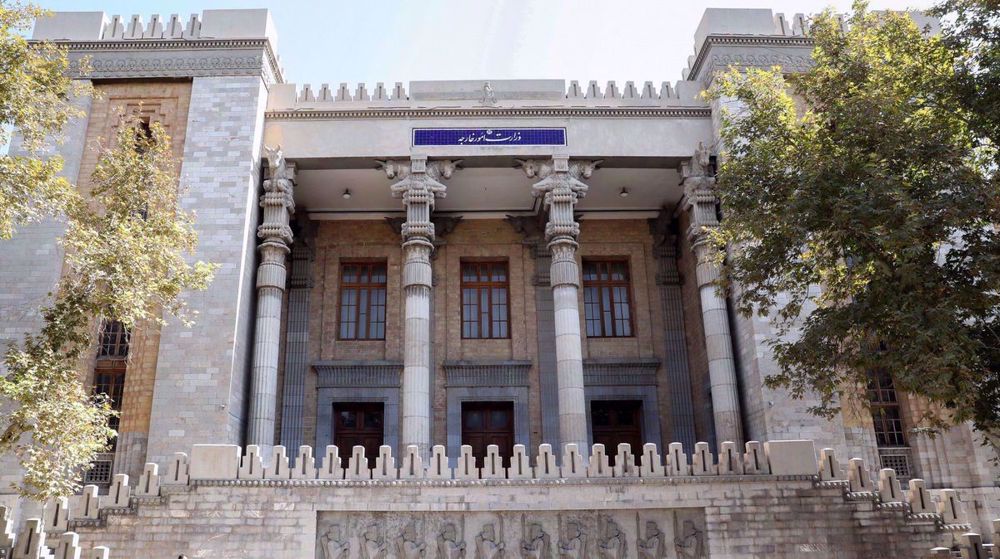
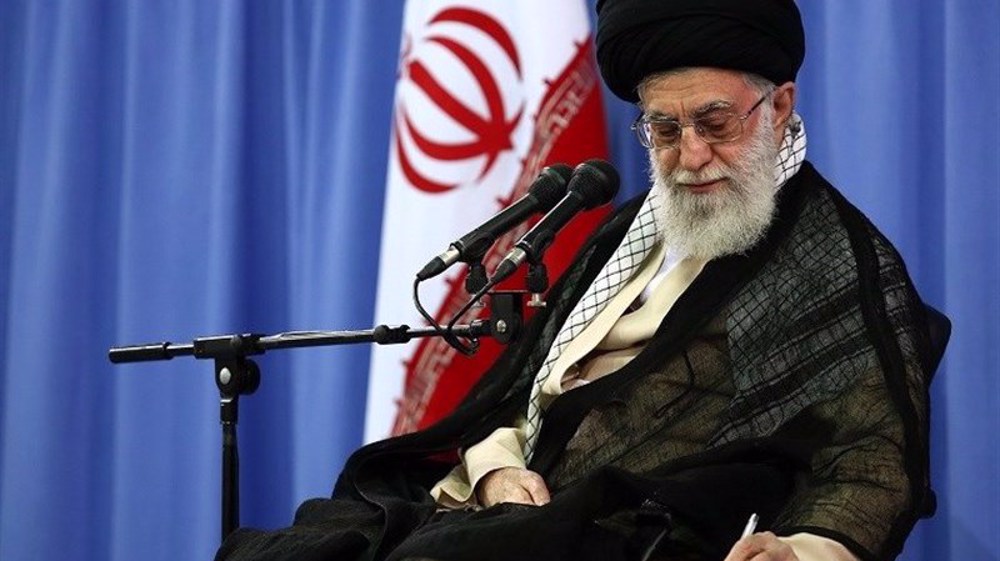



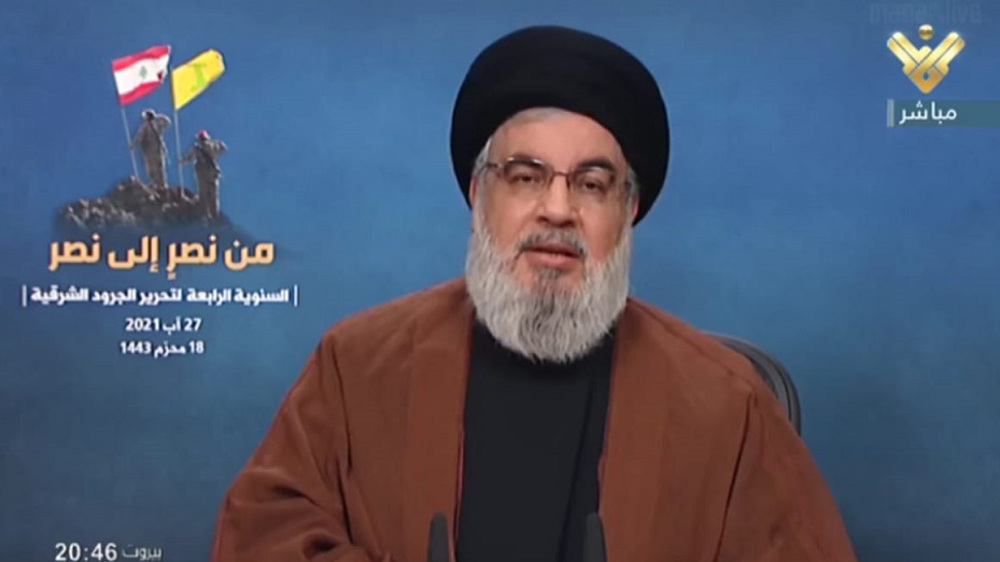

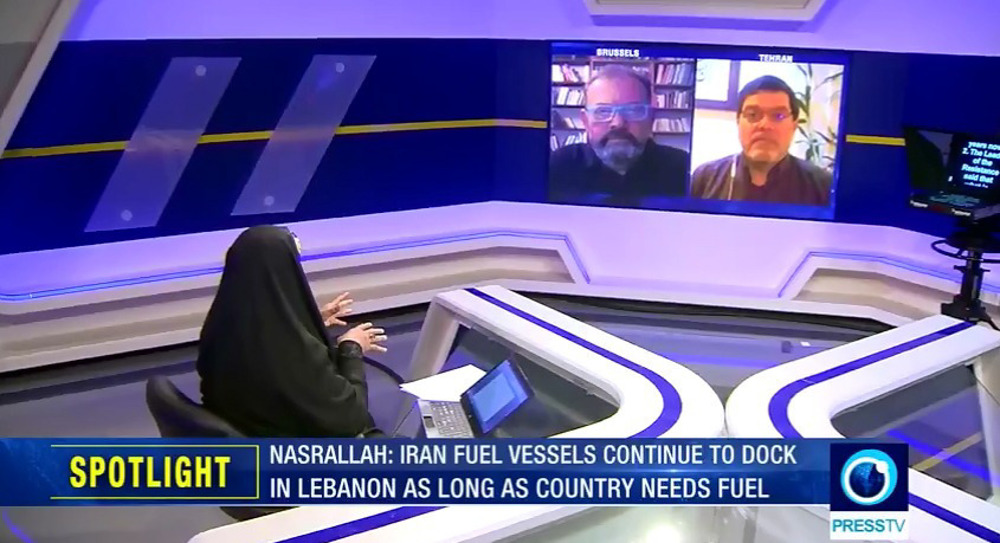

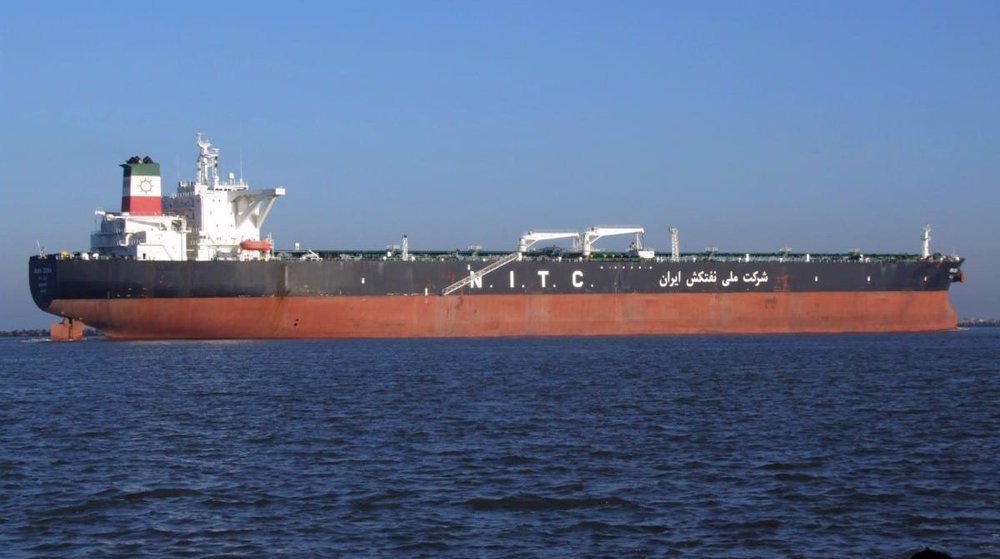
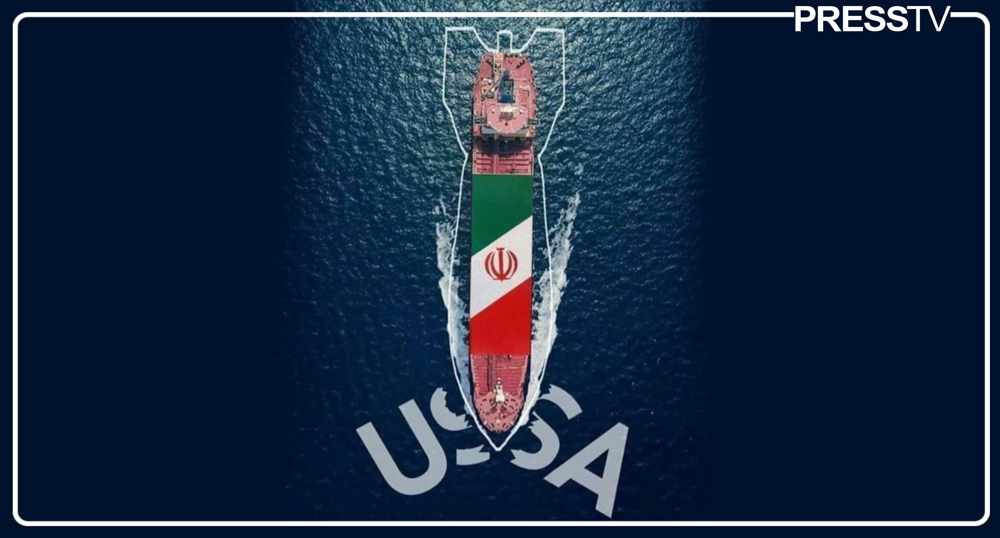

 This makes it easy to access the Press TV website
This makes it easy to access the Press TV website